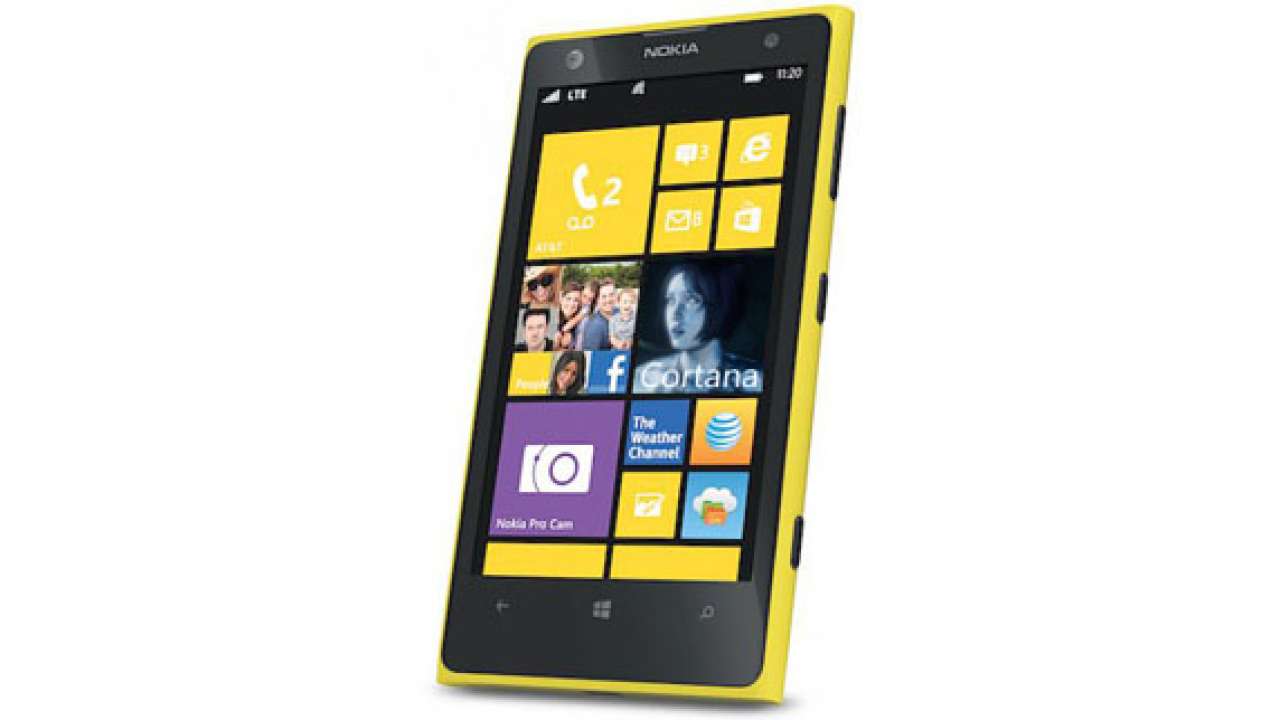Will Microsoft Bring Cortana to iOS & Android?

By all accounts, Microsoft’s answer to Siri, the Halo-themed digital assistant named Cortana, is a hit with fans of Windows Phone. It’s performing so well, in fact, that a new report says that Microsoft is considering bringing the software to competing mobile operating systems.
According to a post on GeekWire, Marcus Ash, Microsoft’s group program manager for Windows Phone, explained the conundrum the company faces at a conference in Seattle yesterday. The debate centers around whether or not Cortana would be better off as an exclusive bonus to Windows platform users, or if customers would be better off being able to extend their desktop Siri experiences to their Android or iOS mobile devices.
Said Ash:
“It’s a bit of a head-scratcher for us right now. […] It’s interesting to think about the future of these assistants and whether they become a reason to buy into the ecosystem. That is the other tension we have. If you play this out five to ten years, and these assistants become the reason you choose Android or iOS or Windows, then what’s our position? Could Cortana be the thing that, as a Windows user, [makes me feel like] I’ve got to get a Windows phone?”
It’s a valid question, especially in the wake of Microsoft finally releasing Office for iPad earlier this year. That move has paid off with over 12 million Office for iPad downloads about a week after it was released, showing that there’s definitely demand for Microsoft products on non-Microsoft devices. And because you can’t actually create or edit files on that app without having an Office 365 subscription, it stands to reason that at least a good percentage of those downloads resulted in new subscription income for Microsoft.
But Cortana isn’t a revenue-generator like Office. As such, will bringing that app to other operating systems pay off for Microsoft? Moreover, another Microsoft manager named Rob Chambers brought up another potential issue at the conference, saying that Cortana wouldn’t have such a deep level of integration on other devices as it would on Microsoft’s own devices. For example, Cortana wouldn’t necessarily be able to run “the phone in a low-power state to enable an always-on listening experience for quickly activating the virtual assistant.”
While I am a fan of Microsoft making its products available on other platforms, I have a feeling that it might be better off keeping Cortana as Windows Phone’s exclusive digital assistant, if it really is as good as its fans say. Android has Google Now and Apple has Siri; in those arenas, the digital assistants made for those operating systems work well for those devices. Users would be unlikely to be convinced of Cortana’s superiority if it’s not operating at full capacity on a non-Microsoft platform.
It seems as though Cortana is a great feature for Windows Phone, and right now Microsoft needs all the ammo it can get to convince users to make the switch to its mobile platform. Keeping Cortana exclusive may be one of the best ways to do that.
That said, I’d love to give Cortana a try. And, well, I have an Android phone. Maybe if Microsoft does wind up bringing the digital assistant to my device I’ll be convinced to make the switch to Windows Phone. Who knows?